Being in an urban environment when things go south is vastly different than being in other environments. Densely populated areas result in greater threats, limited resources, and the need for different skill sets than you might need to develop if you were to live in, say, a rural environment.
That said, if you’re new to prepping and you haven’t worked on any emergency skills or building up resources you might need, it’s hard to know where to begin. Fortunately, there are quite a few tips floating around out there to help you get started.
We’ve come up with the 21 best urban survival tips for disaster situations to help you focus on what’s most crucial for your situation rather than developing skills that may not be pertinent. Let’s take a look!
1. Get in Shape to Navigate an Urban Environment

Being in shape is an overall good thing, but there are numerous obstacles in an urban environment that you’ll need to navigate should things go south.
You need to be able to move stealthily and quickly, traverse rooftops and other areas that aren’t often traveled, and more. Getting in shape can be an excellent way to prepare for all situations as someone who lives in the city.
2. Start Stocking Up on Pantry Essentials, Then MREs
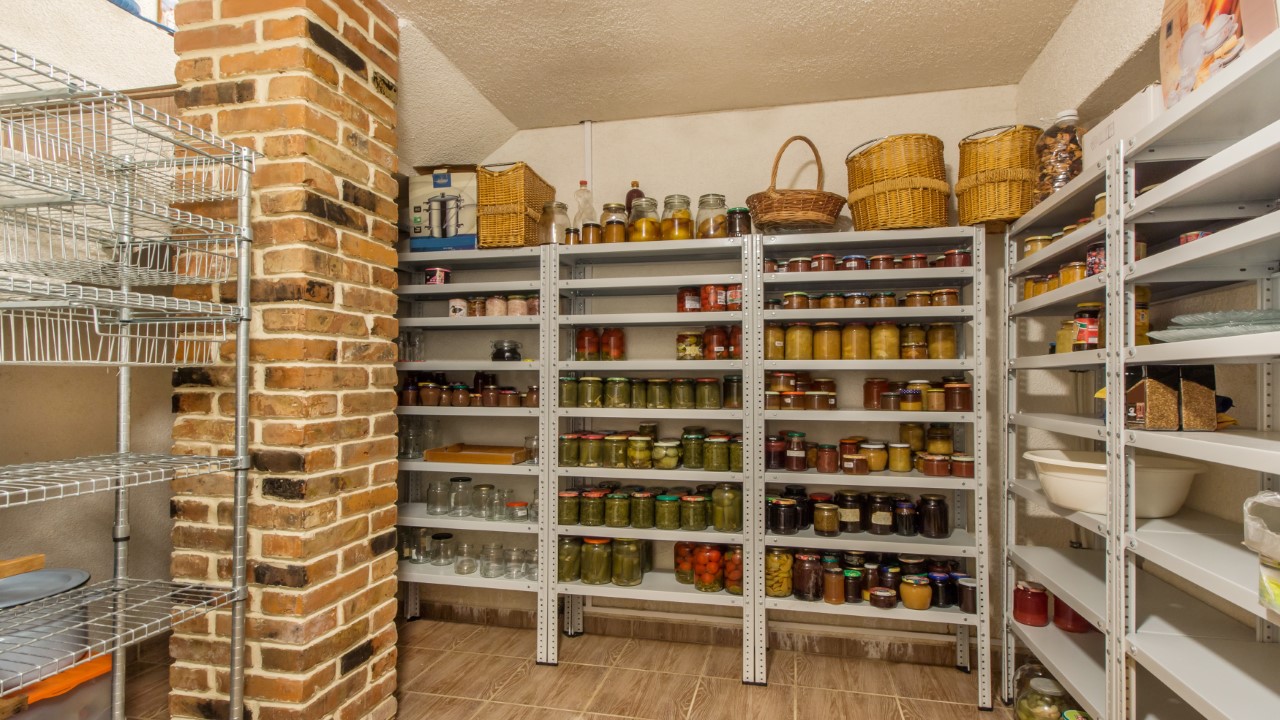
Pantry essentials will be the foodstuffs that you’ll rely on if you need to shelter in place, and you’ll likely be able to stock up on a wide range of non-perishables. After you’ve exhausted available space for your regular food items, then start working on MREs.
Small MREs and even meal bars are perfect if you need to leave your living space quickly. Being able to survive a disaster situation in the city requires you to be flexible.
3. Urban Gardening Is Your Friend

Urban gardening is difficult, but it’s not impossible. Many people will grow food on their windowsills, on their balconies, or even in their dwellings with the support of grow lights.
This will teach you how to be more self-sufficient and give you access to other sources of food if you start running low on supplies.
4. Have at Least 72 Hours Worth of Water on Hand
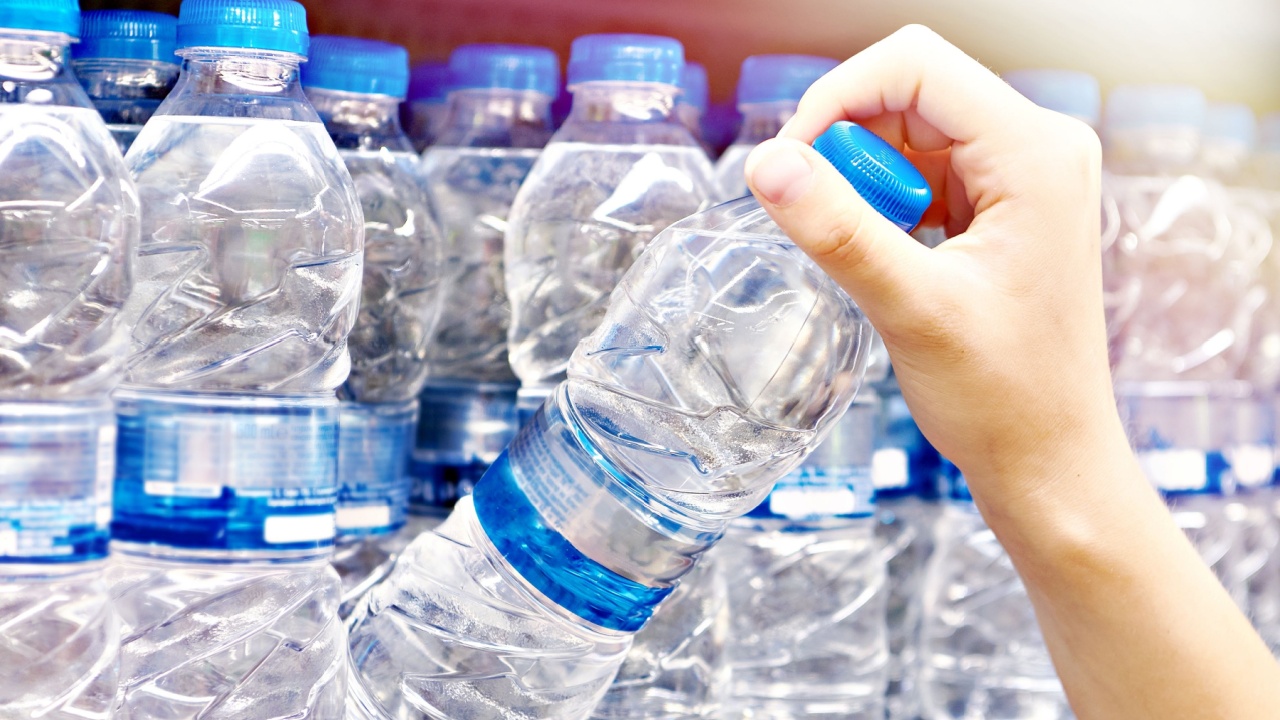
Beyond just food, you need water if you want to have a shot at navigating an emergency. While space may be limited, it’s best to have at least 72 hours’ worth of water on hand.
If you can, have more. You should also make sure that some of your stock can be easily packed away if you need to leave, and ensure that you have water purification tools so you can drink from other water sources if you run out of potable water.
5. Identify Essential Tools You’ll Always Need to Have on Hand

There are certain tools that you should always have on hand, regardless of whether disaster hits when you’re at home or while you’re out in the city.
This might include multi-tool cards to help you open certain containers, knives to help you defend yourself, and beyond. Come up with a list of items that you will need no matter where you go, and keep those essentials on you at all times.
6. Learn How to Cope With Stress

A major emergency will leave everyone panicking and making a host of irrational decisions. You, on the other hand, want to be calm.
Learning how to cope with stress and adopting mindfulness exercises like meditation or deep breathing can ensure that you can remain calm and determine the best course of action no matter what issue you may be facing.
7. Become Extremely Familiar With Your Surroundings
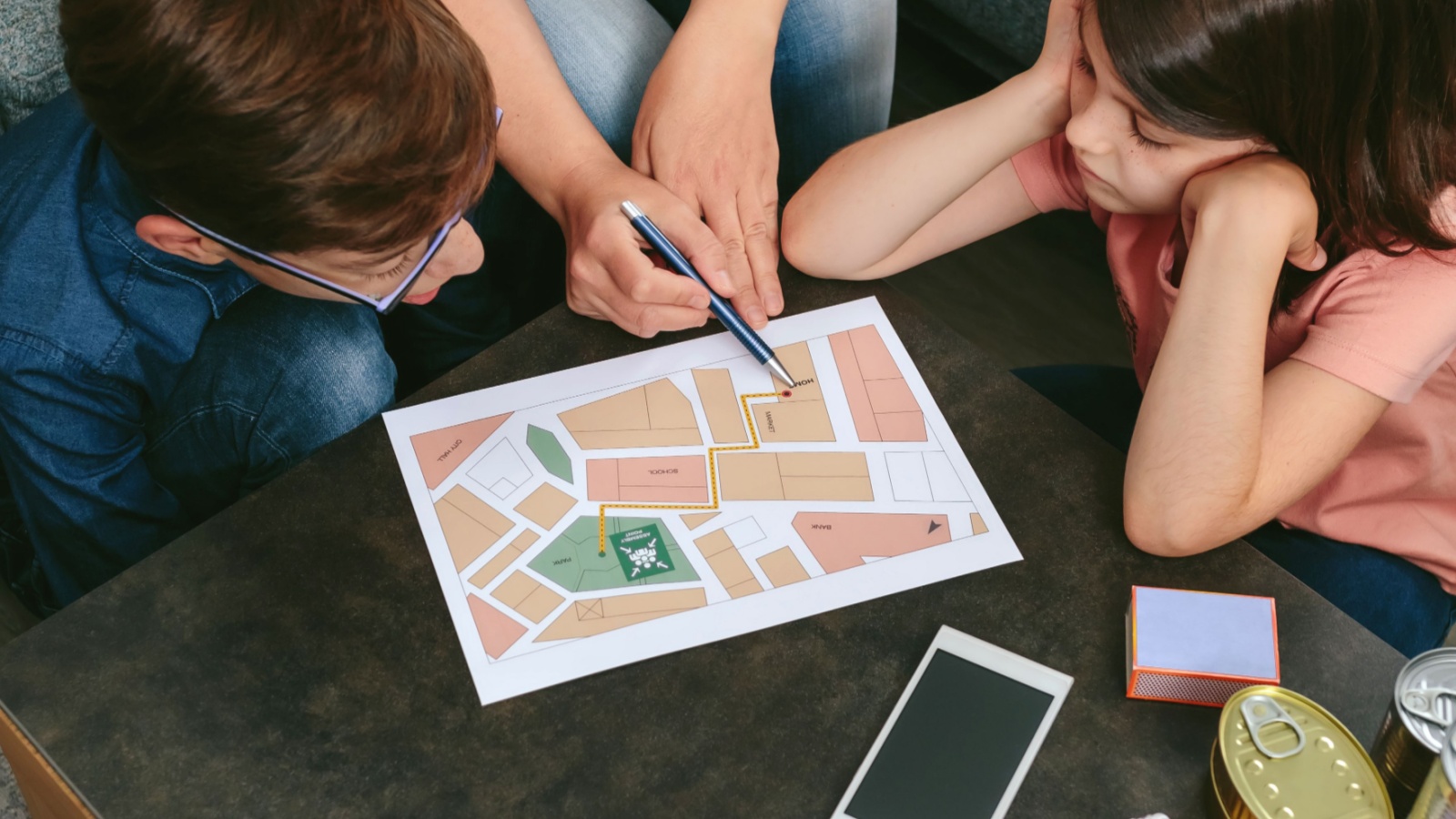
If you hope to survive when things turn ugly, you have to know your surroundings like the back of your hand. This means which routes you can use to leave the city without running into trouble, where various buildings are that you may need to access in the future, and where you can get clean drinking water and other resources.
The better you know your city, the better you’ll be able to survive compared to others in the same situation.
8. Prep Your Space for Greater Safety
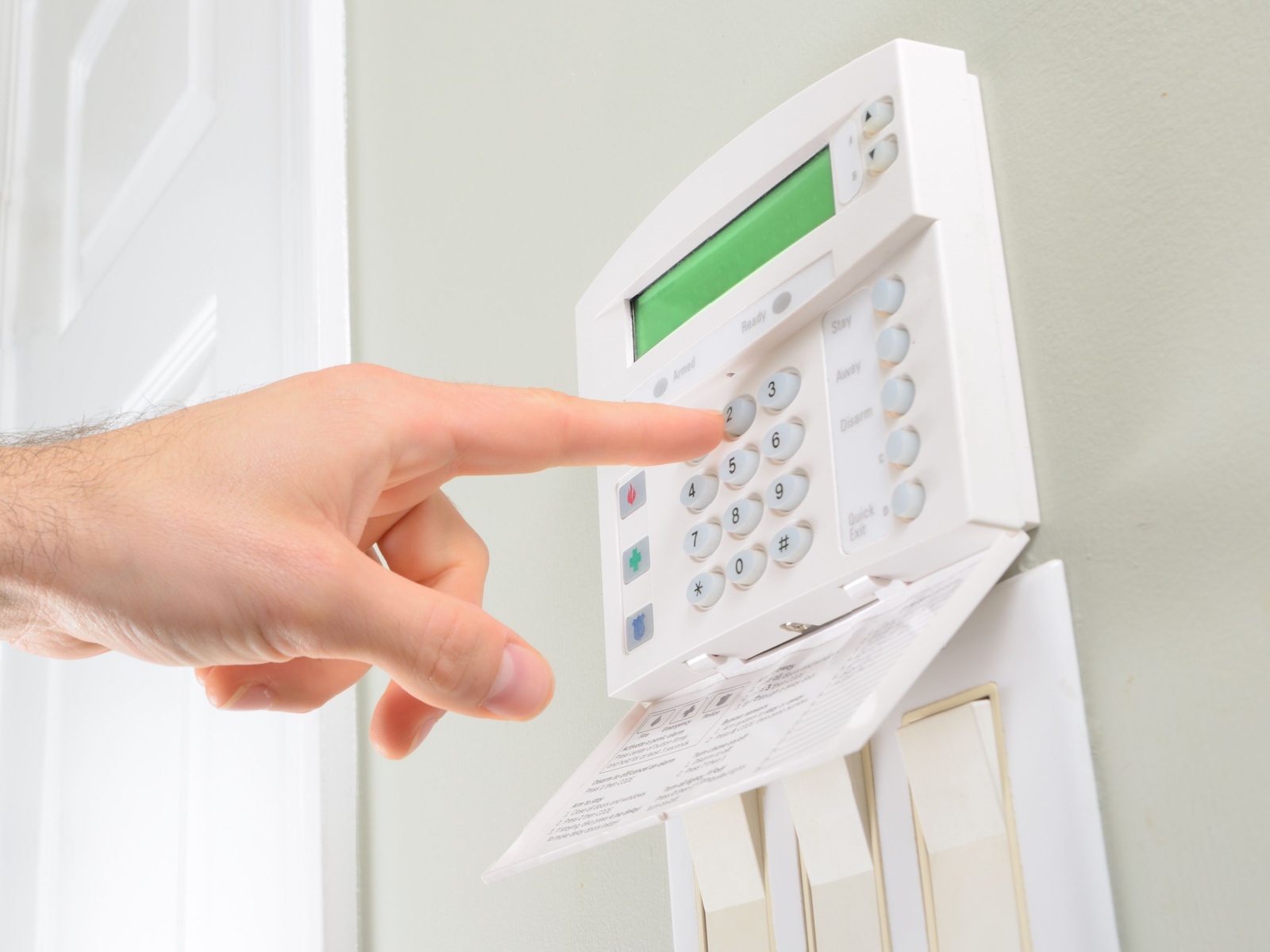
Safety and security are a major focus if you need to remain in your home. While booby traps are not recommended, having a weapon on hand and putting more locks on your door or your windows to secure your space can keep you safer should your city descend into madness.
True, you may not need to always shelter in place, but it’s better to be safe than sorry.
9. Invest in Communication Equipment You Can Use Anytime

In a scenario where the power is out or cell phone communication is down, you won’t be able to reach others using conventional methods. This is why urban preppers will invest in walkie-talkies and other radio communication tools.
Even if they’re cut off from the world in other ways, they can still get a message for help out when it matters most.
10. Have a Plan of Action If You Need to Leave the City
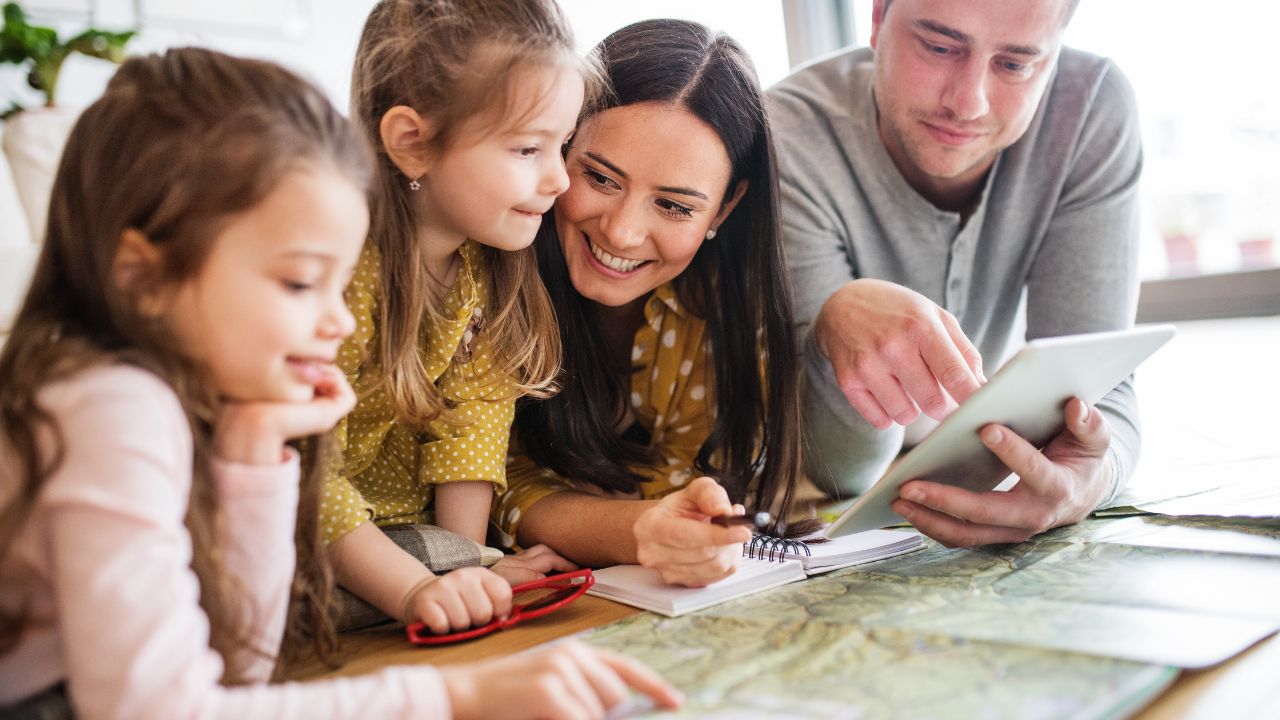
Do you know what you’re going to do if you have to leave the city? Do you have a timeframe that you’ll adhere to in order to avoid the chaos of everyone leaving all at once? Do you have a place to go where you’ll be safe?
It’s important to have a plan of action if the situation requires you to leave your home. The better you plan, the more prepared you’ll be.
11. Depending on the Level of Disaster, Having PPE Could Be Desirable

Some preppers make an excellent point that an overcrowded city can easily become a health hazard with bodies, overflowing sewers, and other contaminants floating around.
Should you encounter something like this, face masks, gloves, full-body hazmat suits, and other PPE could be essential to navigating your environment safely. It’s not something that may likely happen, but it is something worth considering while you start prepping.
12. Make Sure You Have Transportation in Several Forms

Most people in the city don’t drive, which makes it harder to escape. If you can afford a car or if you have space to park one, consider getting one so that you have something you can use to flee the city in.
You should also invest in other forms of transportation in case leaving in a car isn’t the best option. For example, having a bike could prove useful as well. Better yet, you can hang this in an apartment with ease.
13. Be Nice and Get to Know the People Around You

People become desperate quickly in disaster situations. If they have no reason not to attack you, you’re probably not safe.
Getting to know your neighbors and becoming someone in the community that people like can ensure your future safety and help you form valuable relationships with those who may help you later.
14. Become an Expert at De-escalation

In a densely populated area, there are bound to be malicious individuals who are more than willing to hurt you and take your things. Learning how to de-escalate a situation is an invaluable skill that will help you prevent unnecessary violent encounters.
If you can reduce the risk that you’ll be fatally wounded, this is always the best course of action. You should only use force if you absolutely need to defend yourself.
15. Learn How to Be Discreet

Whether you’re cooking something or trying to move through various areas of the city to get somewhere safely, you don’t want to attract attention to yourself. This will likely result in people interested in what you have or what you could offer them.
Knowing how to move silently and engage in various survival activities quietly can mean the difference between life and death.
16. Ask Yourself Which Situations Are You Preparing for?

Are you looking to prepare for a situation where there’s an economic collapse? Or, are you looking to make sure that you’re covered in case there’s a massive earthquake where you live? Know which urban emergencies you’re preparing for.
Otherwise, you’re collecting resources with no goal, which can leave you without crucial essentials should the time come.
17. Consider Which Emergency Resources May Be Available to You

No matter the disaster, there will likely be government resources being made available to the general public to help them survive the crisis. This may include medical support, food rations, and similar government help.
Are you near any facilities where these resources will be handed out? If so, you’ll likely be able to get their first so that you can get the most support. If you’re much further away from certain facilities, consider stocking up on the resources you might miss out on.
18. Start Stockpiling Skills As Much As Resources
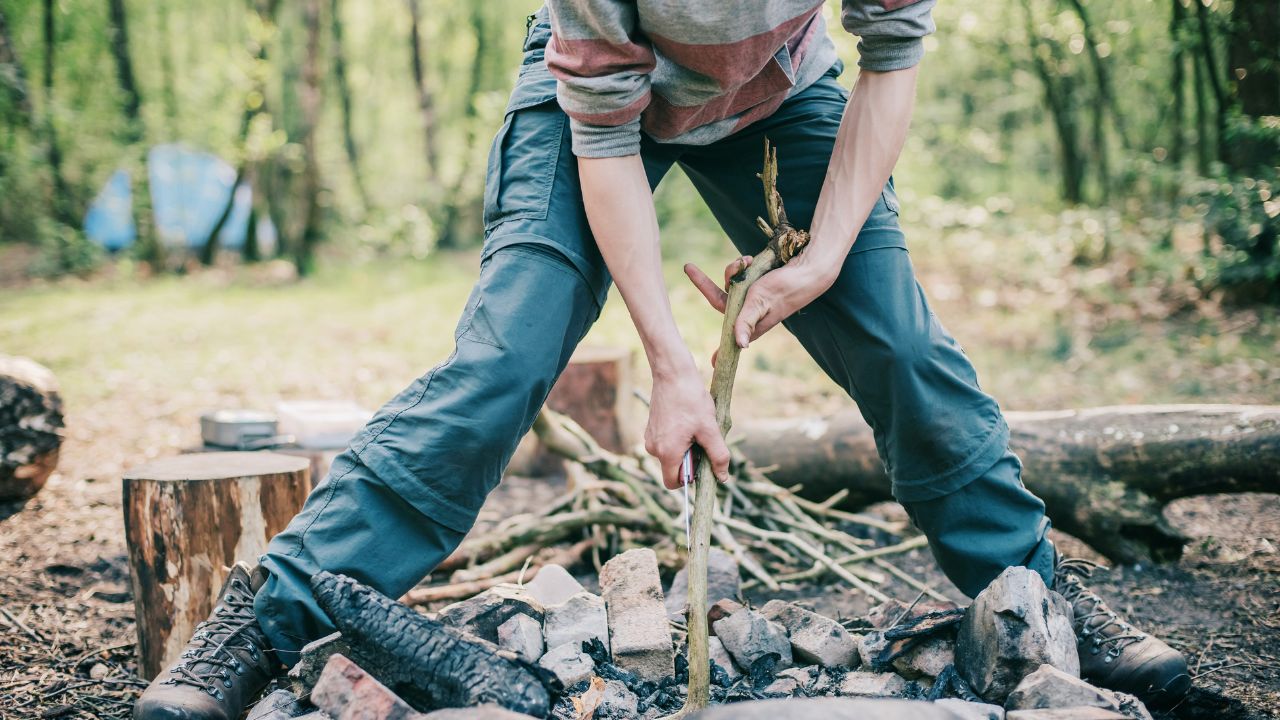
Most preppers immediately start going all-in on stockpiling goods but fail to learn new skills like how to sew, how to defend themselves, or how to build an emergency shelter.
When you ignore the need to learn new skills, you put yourself in a vulnerable situation where you might not be able to survive after you’ve run out of supplies. The more you learn, the better equipped you’ll be to navigate situations that don’t go according to plan.
19. Be Realistic About What Disaster Means

There’s always the possibility that anything can happen. But will it? From solar flares that knock out electrical grids to the collapse of the dollar, there are so many scenarios, but not all of them are that likely to happen.
Ask yourself, what are the most likely emergencies I might encounter? Whether it’s natural disasters or running out of resources, prepare for the most likely scenarios first. This will save you money and make sure you’re truly ready for whatever is thrown your way.
20. Prepare Financially As Well As Physically

Unless the dollar suddenly becomes useless, you’ll need money in an emergency to buy things you need, get places, and otherwise navigate the world as you do on a daily basis.
It’s important to not only prepare by buying up items and learning skills but to develop emergency savings as well. This way, you’re covered regardless of what you encounter when things go south.
21. Master the Skill of Bartering and Negotiating

At some point after things start spiraling, you’ll need the resources or skills that others have. Living in a world where resources might be scarce and money might not be as valued means learning how to barter and negotiate with others to get what you need.
The more skilled you are at this, the more easy it will be to get your hands on survival essentials when you start to run low.
20 Crucial Supplies for Surviving a Societal Collapse

In the face of uncertainty, being well-prepared gives you at least some degree of control and security. The thought of a societal collapse, while extreme, prompts us to consider how we might endure without the conveniences of our current lifestyle. Here’s a list of 20 essential items that could prove indispensable in such a scenario. This guide isn’t about succumbing to fear but embracing preparedness and resilience.
14 Essential Canned Goods for Your Emergency Pantry
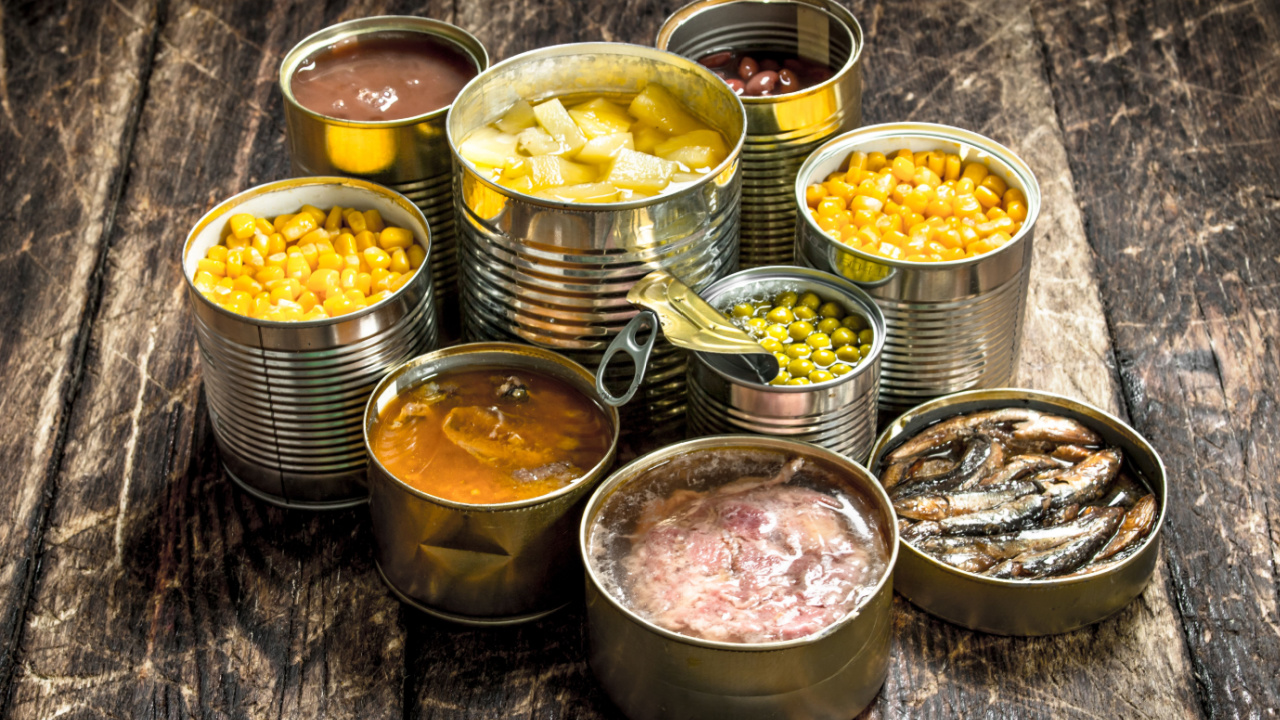
I firmly believe in keeping a well-stocked emergency pantry. While fresh food is ideal, in a survival situation, we may not be that lucky. So, for my family, even though we grow a lot of our own food, canned goods play a crucial role in emergency preparedness. They offer a reliable source of nutrition when access to fresh produce may be limited. The goods you stockpile should be affordable, easy to store, and full of nutrition.
Best Regions in the U.S. to Escape to When Society Collapses
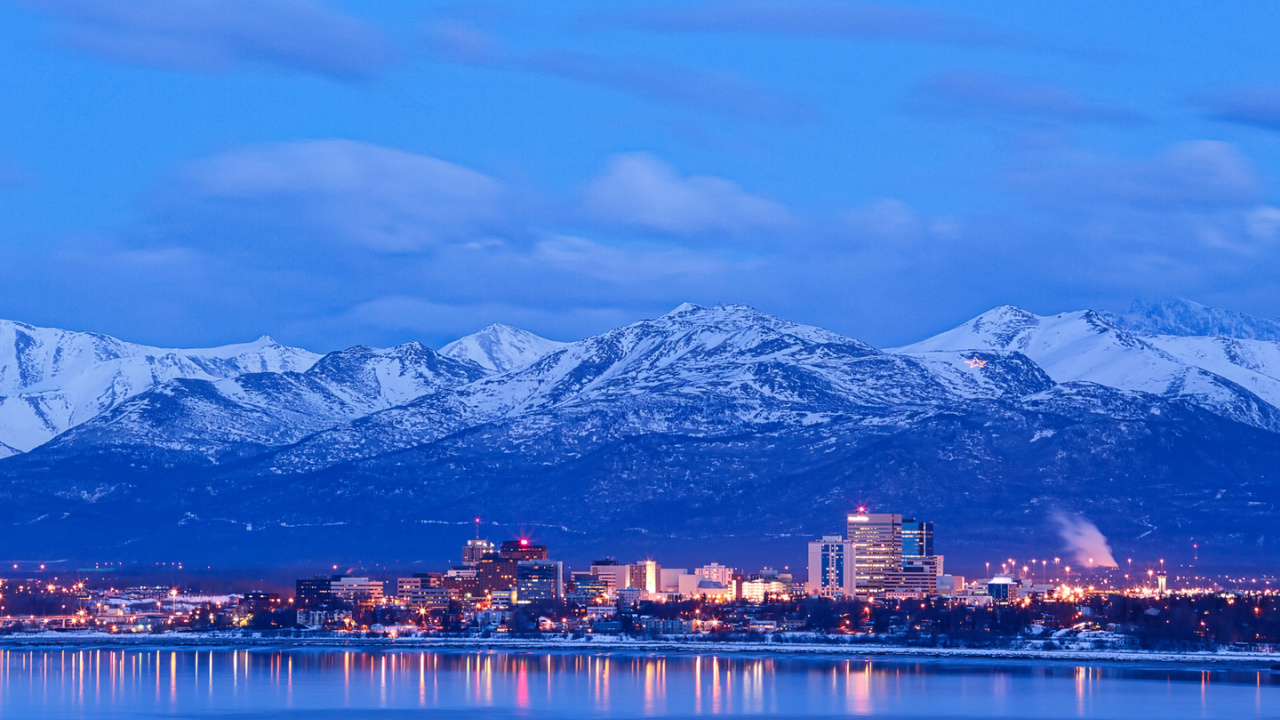
Choosing a refuge in the event of societal collapse involves weighing the pros and cons of each location against your personal preparedness goals and abilities. Whether you’re drawn to the solitude of the desert or the protective heights of the mountains, the key is finding a place that offers safety and the opportunity for growth and renewal.
